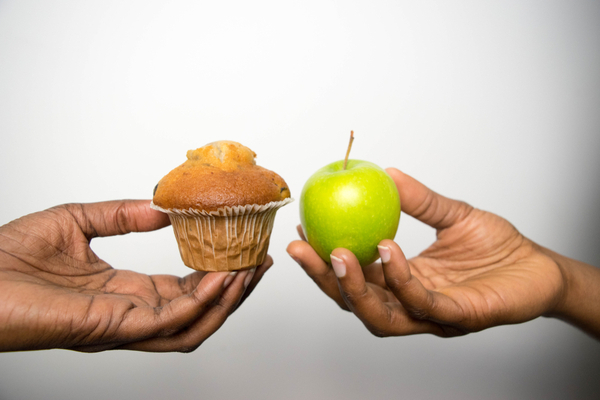An increasingly common misconception in the food and health worlds is that carbohydrates are bad for you. Your body needs carbs, just like it needs proteins and fats to give you energy, to feed your organs, and keep you generally healthy and well. The point is not to dump all carbs, but to look at what KIND of carbs you’re eating.
“All carbs are not created equal,” advises Kathy McManus, MS, RDN, director of the Department of Nutrition at Brigham and Women’s Hospital in Boston. “There are some unhealthy sources, like white bread, white rice, white potatoes, and foods containing added sugar (cake, cookies, candy and sugar-sweetened beverages). These foods raise blood sugar and can lead to diabetes and weight gain.”
But don’t throw the baby out with the bathwater. As McManus points out, “The right types of carbohydrate foods, such as intact whole grains, fruits, vegetables, beans and other legumes, are the foundation for a healthy diet.” (Intact whole grains include all layers of the original kernel: bran, germ and endosperm.)
Because added sugar is “empty-calorie,” providing calories but no additional nutrients, focus on reducing added sugar, not on reducing sugar that occurs naturally, as in fruit or all carbohydrates. You can navigate this terrain by thinking about the carbohydrate’s context: If it is added sugar or refined grain, limit intake. If it’s in whole foods, dig in, though be mindful of portion control even with healthy foods.
Key Tip: Reduce added sugar, not the sugar occurring naturally in fruit or all carbohydrates. Limit intake of added sugars and refined grains, but enjoy whole foods.
—
Photo Credit: Red Confidential / Shutterstock.com
